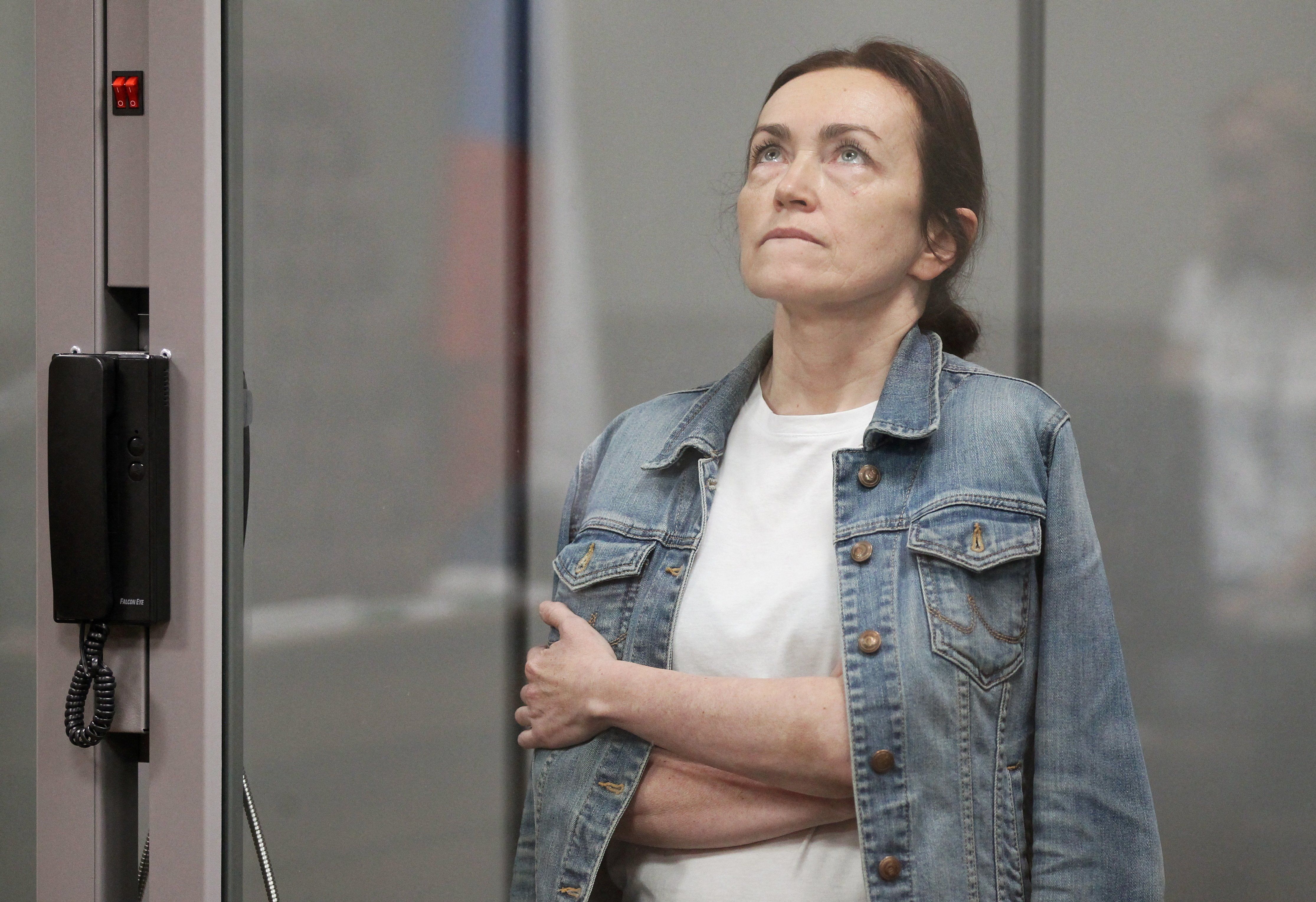Hard Numbers: Russia jails another US journalist, Latinos warm to RFK Jr., Paris tightens security for Olympics, India looks to roll in the deep, HIV prevention milestone for Africa
6.5: A Russian court revealed on Monday that Russian-American journalist Alsu Kurmasheva was sentenced on Friday to 6.5 years in prison for “spreading false information” about the Russian army. Kurmasheva, a dual citizen who works for the US-funded Radio Free Liberty/Radio Europe service in Prague, was arrested while visiting her family in Russia in October. Her husband says the charges relate to a book of profiles of anti-war Russians that Kurmasheva edited. She is the second American journalist that Russia has sentenced to a lengthy prison term in the past four days alone.
24: ¿Latinos por Roberto? A new poll shows 24% of US Hispanic voters support third-party candidate Robert F. Kennedy Jr. That’s nearly 10 points above the national average. Respondents were split 36 to 36 on Biden vs. Trump. The poll was taken before Biden dropped out of the race, but it illustrates the increasingly uphill battle that Democrats face in keeping the support of a traditionally blue voting group. Read our in-depth look at the “Latino vote” here.
30,000: France is not messing around when it comes to security for the Paris Olympics, which begin later this week. Authorities will deploy 30,000 police throughout the event, rising to 45,000 during peak times. Alongside them will be 15,000 French military personnel and nearly 2,000 foreign police. Security officials have already conducted hundreds of raids, arresting members of far-right, far-left, and jihadist groups suspected of planning attacks. At least two plots have reportedly been broken up already.
4: India wants to get into the deep-sea mining game as it tries to secure supplies of rare minerals critical for its economy and energy transition. New Delhi has already won several licenses for the Indian Ocean, but it’s eyeing a bigger prize: a vast swathe of the Pacific between Mexico and Hawaii. Experts say it will take India at least four years to develop the required skills and technology to compete with Asian rival China. In the meantime, international authorities are still working out rules for deep-sea mining.
56: For the first time ever, a majority of new HIV infections occurred outside of sub-Saharan Africa, a UN report says. The milestone, based on numbers from 2023, reflects sustained progress against the disease by governments in Africa – where new infections have fallen 56% since 2010. Globally, new infections have fallen 39% during that time. But experts warn that case numbers are currently rising elsewhere in the world, particularly in Eastern Europe and Central Asia, Latin America, and the Middle East and north Africa.
